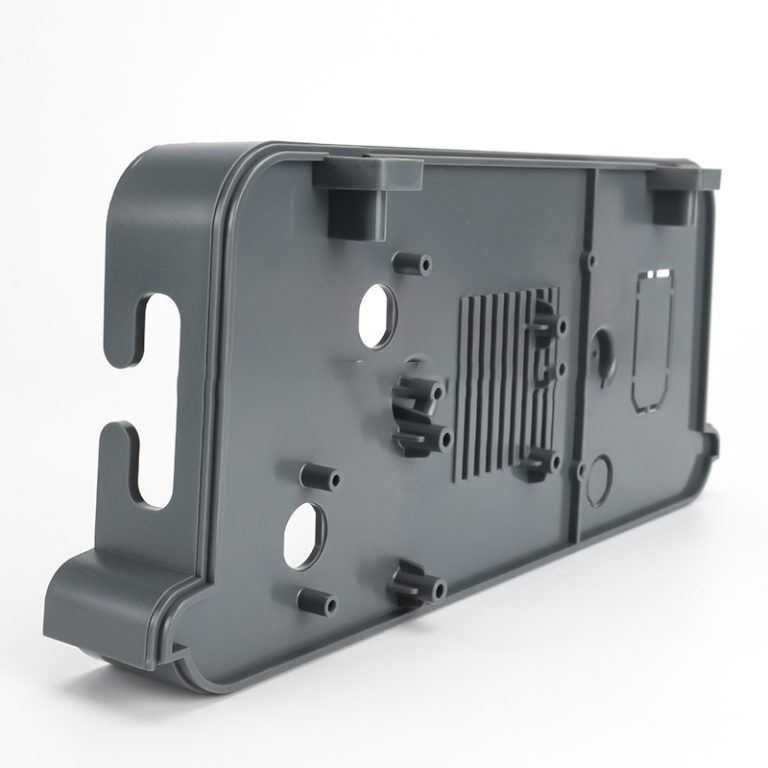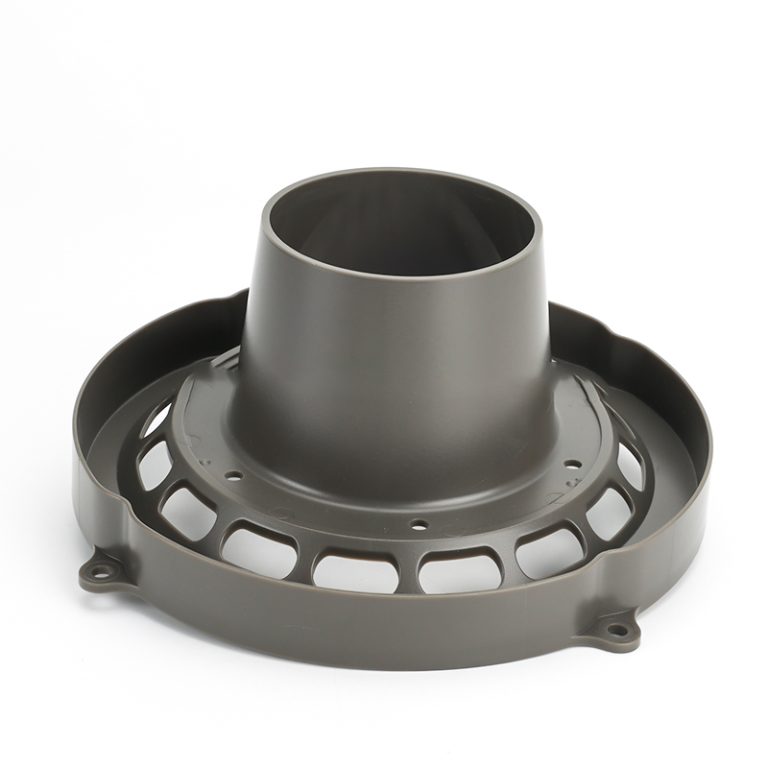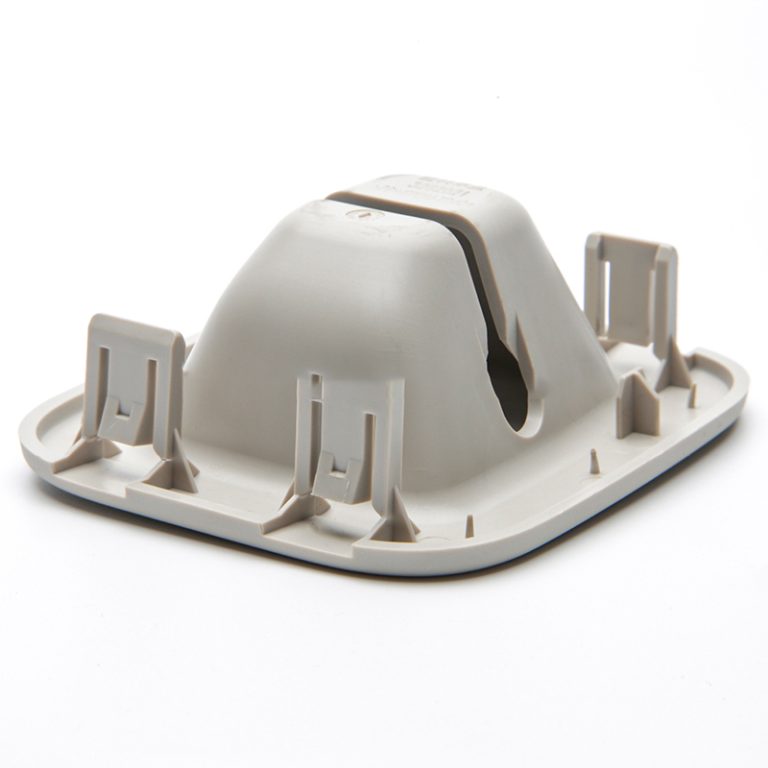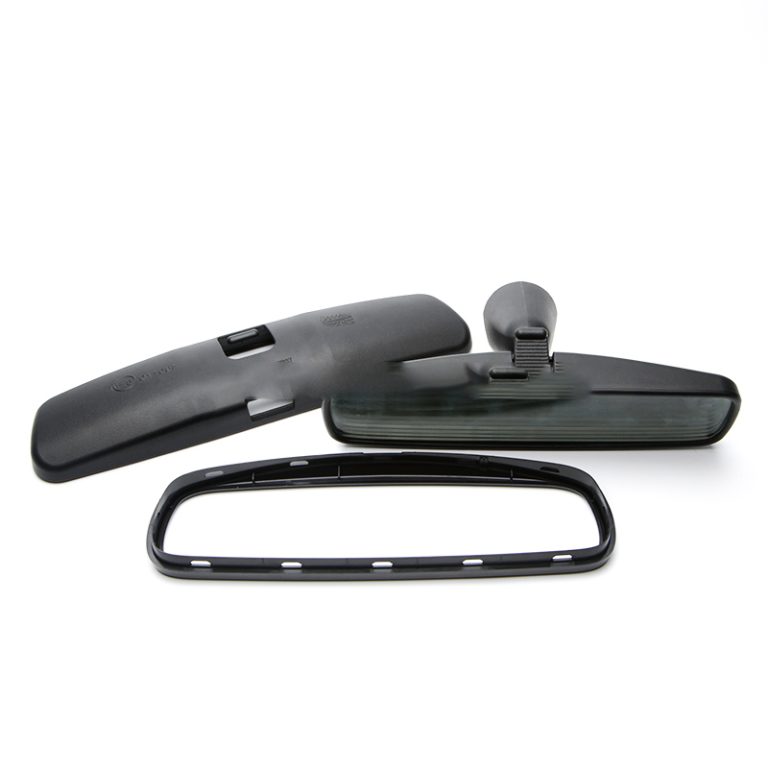Certainly! Here’s an overview of rapid prototype definition in manufacturing and some details about rapid prototyping companies:
Rapid Prototype Definition in Manufacturing:
Rapid prototyping refers to the process of quickly creating a physical model or prototype of a part or product using computer-aided design (CAD) data. This iterative process allows designers, engineers, and manufacturers to evaluate and validate the design of a product before committing to full-scale production. The key characteristics of rapid prototyping include:
1.Speed: Rapid prototyping techniques enable fast turnaround times compared to traditional manufacturing methods, allowing for quick iterations and design improvements.
2.Flexibility: Prototypes can be easily modified and updated based on feedback and testing results, supporting iterative development.
3.Techniques: Common rapid prototyping techniques include 3D printing (additive manufacturing), CNC machining (subtractive manufacturing), vacuum casting, and rapid tooling. Each technique offers different advantages in terms of material choices, precision, and production speed.
4.Applications: Rapid prototypes are used for concept testing, design validation, functional testing, and even limited production runs to assess market demand or gather feedback.

Rapid Prototyping Companies:
Rapid prototyping companies specialize in providing services to manufacture prototypes for various industries. These companies offer:
5.Expertise: Skilled professionals in CAD design, engineering, and manufacturing techniques.
6.Technological Capabilities: Access to advanced equipment and technologies necessary for rapid prototyping, such as 3D printers, CNC machines, and casting facilities.
7.Material Options: Knowledge of different materials suitable for prototypes based on functional requirements, appearance, and cost considerations.
8.Prototyping Services: Offer full-service capabilities from initial concept design to prototype production and testing.
9.Customization: Ability to tailor prototypes to specific client needs and provide solutions for both simple and complex designs.
10.Quality Assurance: Ensuring prototypes meet high standards of accuracy, durability, and functionality through rigorous testing and quality control processes.
Choosing a Rapid Prototyping Company:
When selecting a rapid prototyping company, consider the following factors:
11.Experience and Reputation: Look for companies with a proven track record in delivering high-quality prototypes within deadlines.
12.Technological Expertise: Evaluate their capabilities in the relevant rapid prototyping techniques and materials.
13.Project Requirements: Ensure they can accommodate your project’s scale, complexity, and specific requirements.
14.Communication and Collaboration: A company that communicates effectively and collaborates closely with clients can streamline the prototyping process and enhance outcomes.
By partnering with a reputable rapid prototyping company, manufacturers can leverage the benefits of rapid iteration, cost-effectiveness, and reduced time-to-market for new products and innovations.
If you have more questions or need further details, feel free to ask!






